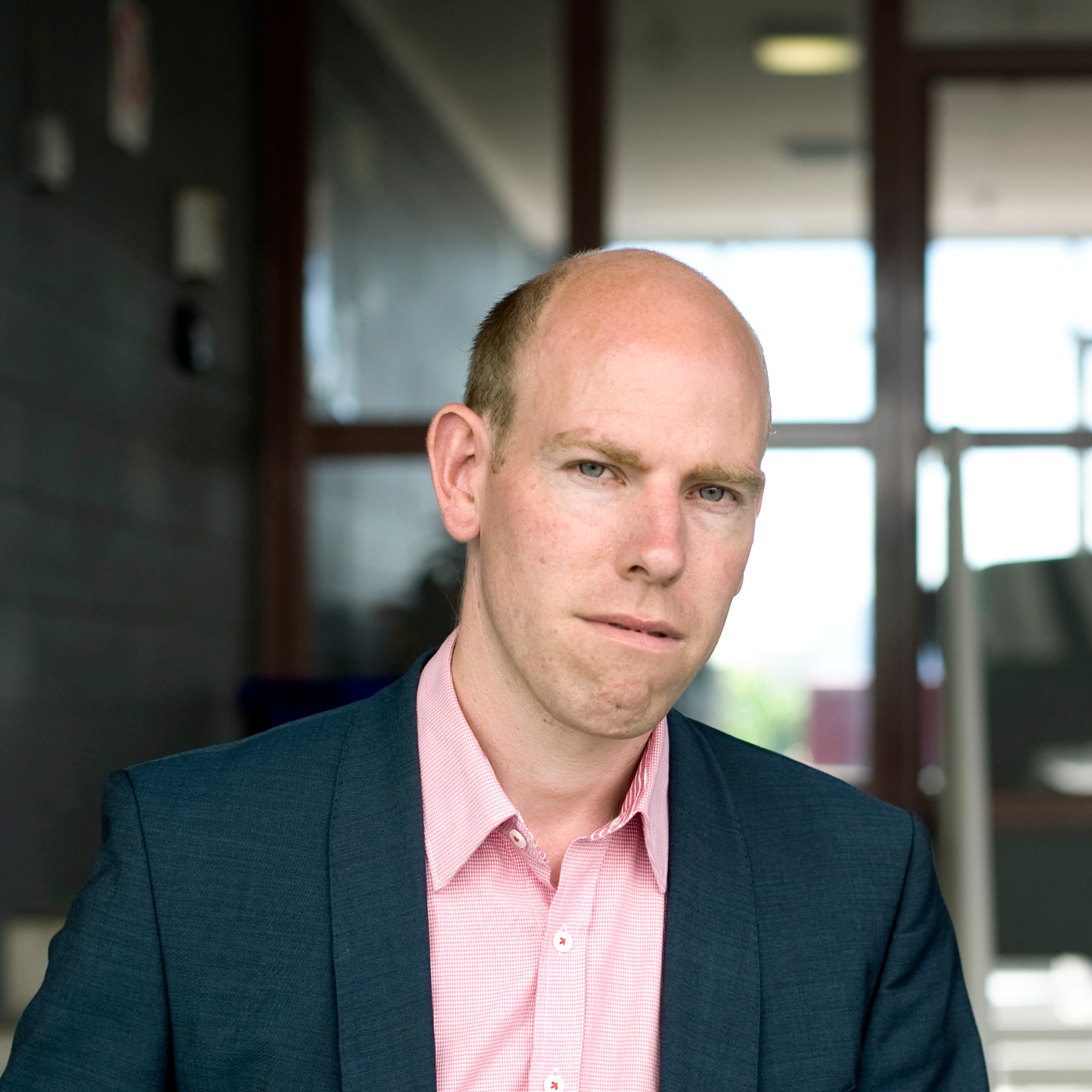Mahler’s Third Symphony
New Zealand Symphony
Orchestra
Saturday, April 2
Reviewer: Max
Rashbrooke
The King is dead; long live the King. This was the message that the NZSO’s Wellington audience seemed to be giving on Saturday night, as they kept up the applause for call after call following the huge climax of Mahler’s Third Symphony.
It was the first concert under the baton of new music director Edo de Waart, following the departure of the much-loved Pietari Inkinen. If the applause of a nearly full house – culminating in a partial standing ovation – is anything to go by, De Waart will be just as much of a hit.
Starting with a big beast of a symphony – the Third clocks in at 1 hour 40, or thereabouts, and has a famously long first movement – is a bold statement, albeit one you might expect from such an experienced and confident operator. The work also calls for one of Mahler’s biggest assemblages of musicians, including an outsized orchestra, a women’s chorus, a children’s chorus and a mezzo-soprano soloist.
For all that, it’s not an overwhelming work, and it generally draws on its players in small groups rather than all at once. One of the biggest tasks for the conductor is to maintain the clarity and consistency of the work’s textures and themes as it shifts between sections and styles and switches the voice parts on and off. This de Waart did expertly, ensuring that everything made perfect sense, that each movement was logically of a piece with the preceding ones.
The NZSO’s individual performers were excellent, as we’ve come to expect, and the singing from both the NZSO Chorale and the Wellington Young Voices was superb. Special mention should be made of soloist Charlotte Hellekant, whose voice had exceptional depth and emotional weight; her heartfelt opening, ‘O Mensch!’ (‘O Man!’), and the following pause, made for a particularly special moment.
Speaking personally, I don’t have an unrestrained enthusiasm for Mahler, and – perhaps sacrilegiously – I found myself thinking that the final movement was an example of the saying (in reverse) that some composers can take half an hour to say what Chopin, for instance, says in half a minute. But there’s no denying the power of the finale, once you get there. The audience was captivated, and will no doubt be eagerly awaiting the next concert’s feast of Beethoven, Brahms and Lilburn. Long live the King!
Scoop’s interview with Nicole Benedetti and Leonard Elschenbroich, the soloists in the NZSO’s April 16 concert, will appear next week.



 Binoy Kampmark: The Strawman Of Antisemitism - Banning Protests Against Israel Down Under
Binoy Kampmark: The Strawman Of Antisemitism - Banning Protests Against Israel Down Under Gordon Campbell: On The Coalition’s Empty Gestures, And Abortion Refusal As The New Slavery
Gordon Campbell: On The Coalition’s Empty Gestures, And Abortion Refusal As The New Slavery Keith Rankin: Judaism, Antisemitism, And Israel
Keith Rankin: Judaism, Antisemitism, And Israel Ian Powell: Haka, Hikoi And The Empowerment Of The Kohanga Generation
Ian Powell: Haka, Hikoi And The Empowerment Of The Kohanga Generation Binoy Kampmark: Feeding Chaos - Israel Cripples Syria’s Defence
Binoy Kampmark: Feeding Chaos - Israel Cripples Syria’s Defence The Conversation: News Bargaining Incentive:
The Conversation: News Bargaining Incentive: